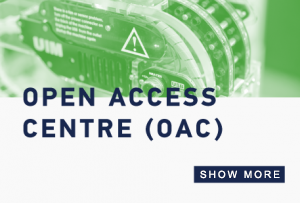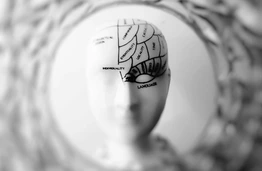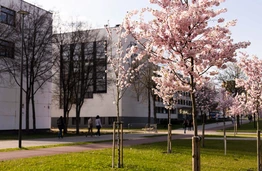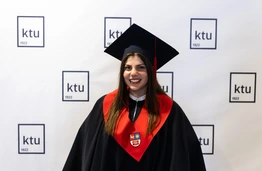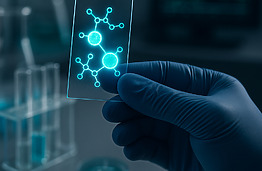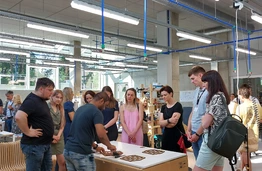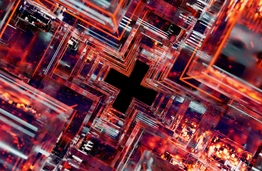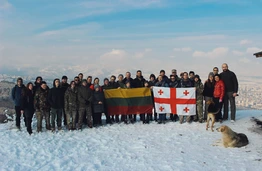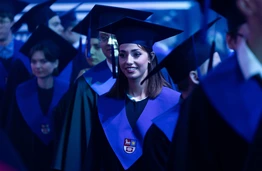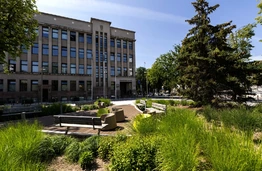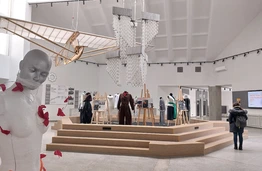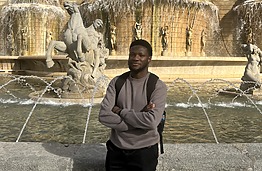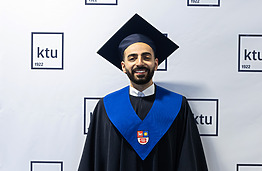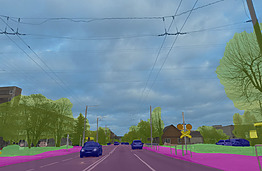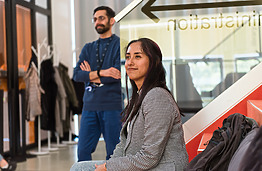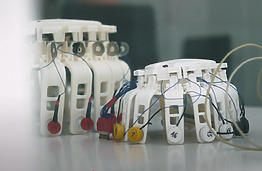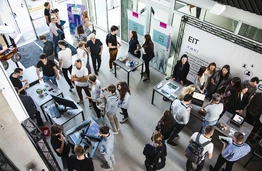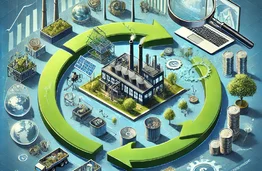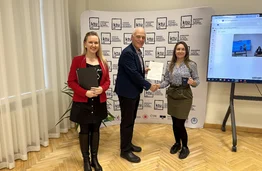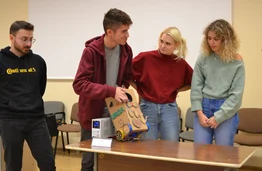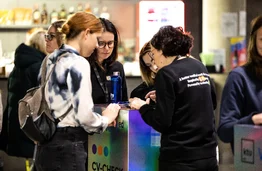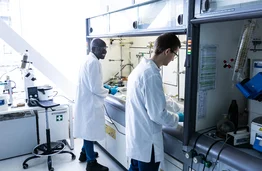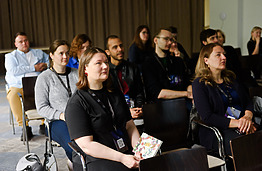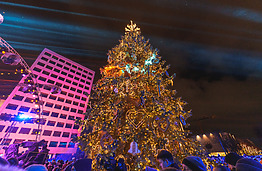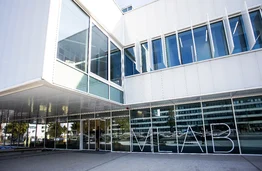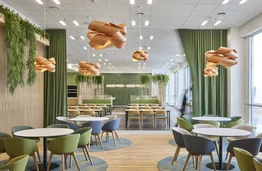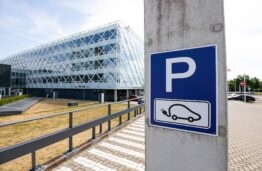University’s vision – interdisciplinary university, competitive at the international level, developing and transferring new knowledge and innovations.
The University’s Strategy 2021–2025 confirms the priorities of R&D&I activities, which are especially important for the viability of the country and its knowledge-based sustainable economic, social and cultural development:
– Transformation of Industry
– Digital Transformation
– Smart Cities and Resilient Communities
At the University, R&D&I activities are developed in two broad areas, concentrating competence and potential in the fields:
– Technologies for Sustainable Future: Artificial intelligence and robotics; Biomedical engineering and medical technologies; Chemical and environmental technologies; Diagnostic technologies; Applied mathematics; Electronics and electrical engineering; Functional materials and technologies; Information and communication technologies; Food systems and biotechnologies; Mechanical and transportation engineering; Construction technologies; Applied and medicinal chemistry; Sustainable energy
– Sustainable Sociocultural Development: Architecture, urban activities and cultural heritage; Audio-visual arts; Educational environments and technologies; Financial technologies; Economic analytics and competitiveness; Business models; Innovation management and entrepreneurship; Organisational development; Industrial design; Digital media and culture; Public administration
In 2021-2025 the University’s academic community will concentrate on its attempts to achieve a research and innovation breakthrough and will pay special attention to:
1. Improvement of Research Results – by performing the highest level research corresponding to the changes in the economic, cultural, political and social environment,
2. Development of R&D&I Ecosystem – by developing transfer of R&D&I knowledge and technologies, entrepreneurial activities and the University’s infrastructure,
3. Planning of International Project Portfolio – by the University being a leader in Lithuania in the participation in EU programme “Horizon 2020” projects and achieving even greater success, concentration of the leaders in science and studies, and encouraging interdisciplinary and international cooperation.


